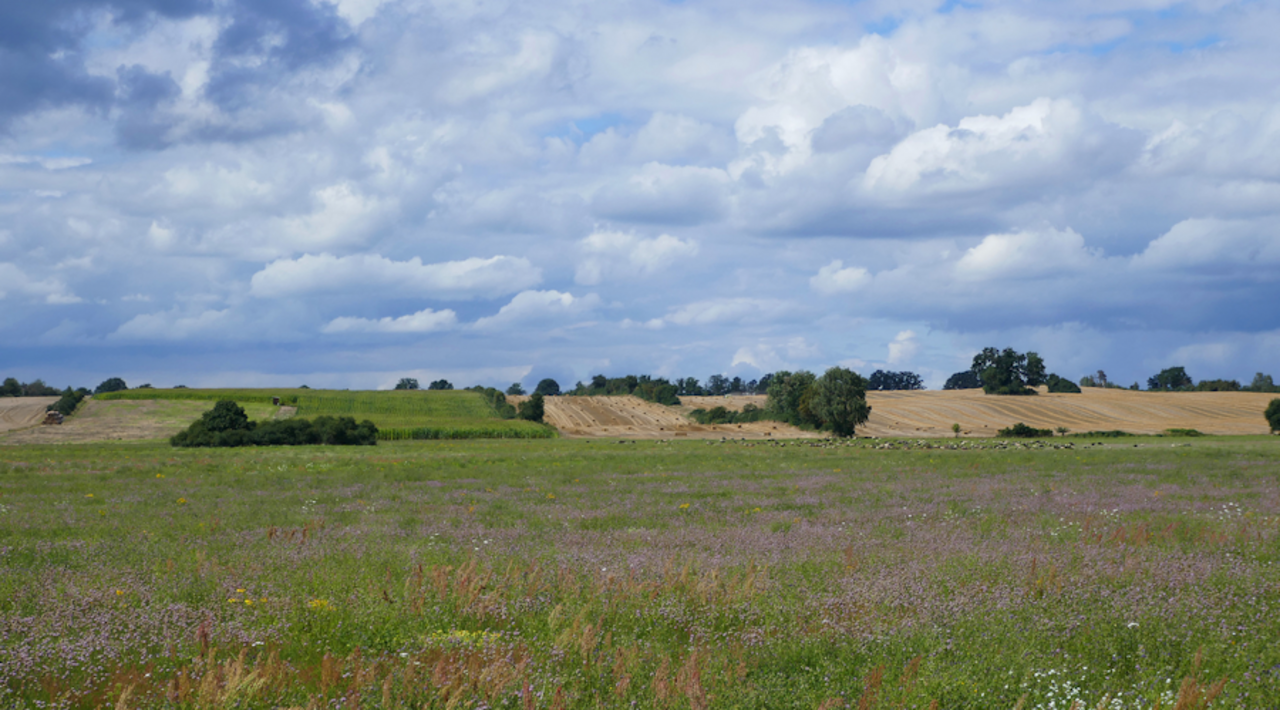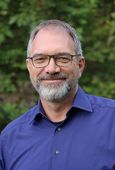Project
Agroecology for Europe

Agroecology for Europe (AE4EU)
Substantial transformations are needed to develop sustainable agriculture and food systems in Europe. Agroecology is increasingly seen as an important approach to prepare and guide the transition to sustainable agriculture and food systems. Over the past decade, the concept of agroecology has gained significant recognition in the scientific, agricultural and political fields.
In Europe, agroecology has already established itself, in many cases the manifestations of agroecology remain very limited in terms of space and time. The greatest potential of serving as a facilitator for the transition to sustainable agriculture and food systems has not been exhausted.
In the EU project, measures are developed for the European level that are needed to strengthen future agroecology in Europe in the areas of research, innovation, networks, training and further education as well as financing.
Background and Objective
Main objectives of AE4EU:
- Increase connections between actors
- Develop skills, methods
- Prepare funders and policy makers
- Improve human and social capital
- Improve capacities
- Establish medium- and long-term research infrastructure
Target Group
Researchers and practitioners in the field of agroecology
Approach
AE4EU is structured in eight workpackages (WP). TI is leading WP 2 which focusses on skills and methods for the development of Living Labs and Research Infrastructure.
Skills and methods for the development of LLs and RI in Europe will be derived from empirical analysis of LLs and other RI from global, European and national LLs. The analyses will comprise the human, social, agronomic and ecological dimensions and will be used for identifying mechanisms that can help sustain RIs and approaches that deliver site-specific knowledge and solutions in the long term and at the relevant landscape level. A set of indicators for the successful transition of agricultural production systems towards sustainability will be identified and employed for evaluating the respective infrastructures and functionality of LL and RI. Based on best practice examples of co-creative environments, integrating experiences of LL, schemes for generating synergies between complementary research infrastructures and initiatives will be developed. Examples of existing LL will be analysed against the three components of LL described in the MACS-G20 report on Agroecosystem Living Laboratories: (i) transdisciplinary approach; (ii) co-design and co-development with participants (i.e. individuals and groups involved in a LL, including producers, scientists, citizens, up- and down-stream businesses, and consumers); and (iii) monitoring, evaluation, and/or research on working landscapes. LL and RI may be operated at the field-, farm-, and landscape-scale.
Data and Methods
Empirical data
modelling data
Our Research Questions
What are potentials and constraints of European LL, similar RI and initiatives from human, social, agronomic and ecological perspective?
What indicators are suitable for assessment of agricultural systems in transition in LL and RI?
How can synergies build among LL, similar RI and initiatives at European level?
What recommendations can be provided on how to successfully install effective co-creative environments for future European LL and RI?
What are best practice scenarios for complementary open innovation activities such as LL and RI?
What are the current and potentials of future Agroecology Territories for grasping long-term agro-ecological transition at the relevant landscape level?
Results
in development
Links and Downloads
Thünen-Contact

Involved Thünen-Partners
Involved external Thünen-Partners
-
Institut Superieur D’Agriculture Rhone Alpes (ISARA)
(Lyon, Frankreich)
Funding Body
-
European Union (EU)
(international, öffentlich)
Duration
1.2021 - 12.2023
More Information
Project funding number: H2020-FNR-01-2020: “Strengthening the European agro-ecological research and innovation ecosystem
Project status:
finished

![[Translate to English:] [Translate to English:]](/media/_processed_/e/3/csm_Demetra2_c8a192c0f8.jpg)
![[Translate to English:] [Translate to English:]](/media/_processed_/e/2/csm_Demetra1_Panorama_8557ee3b13.jpg)





